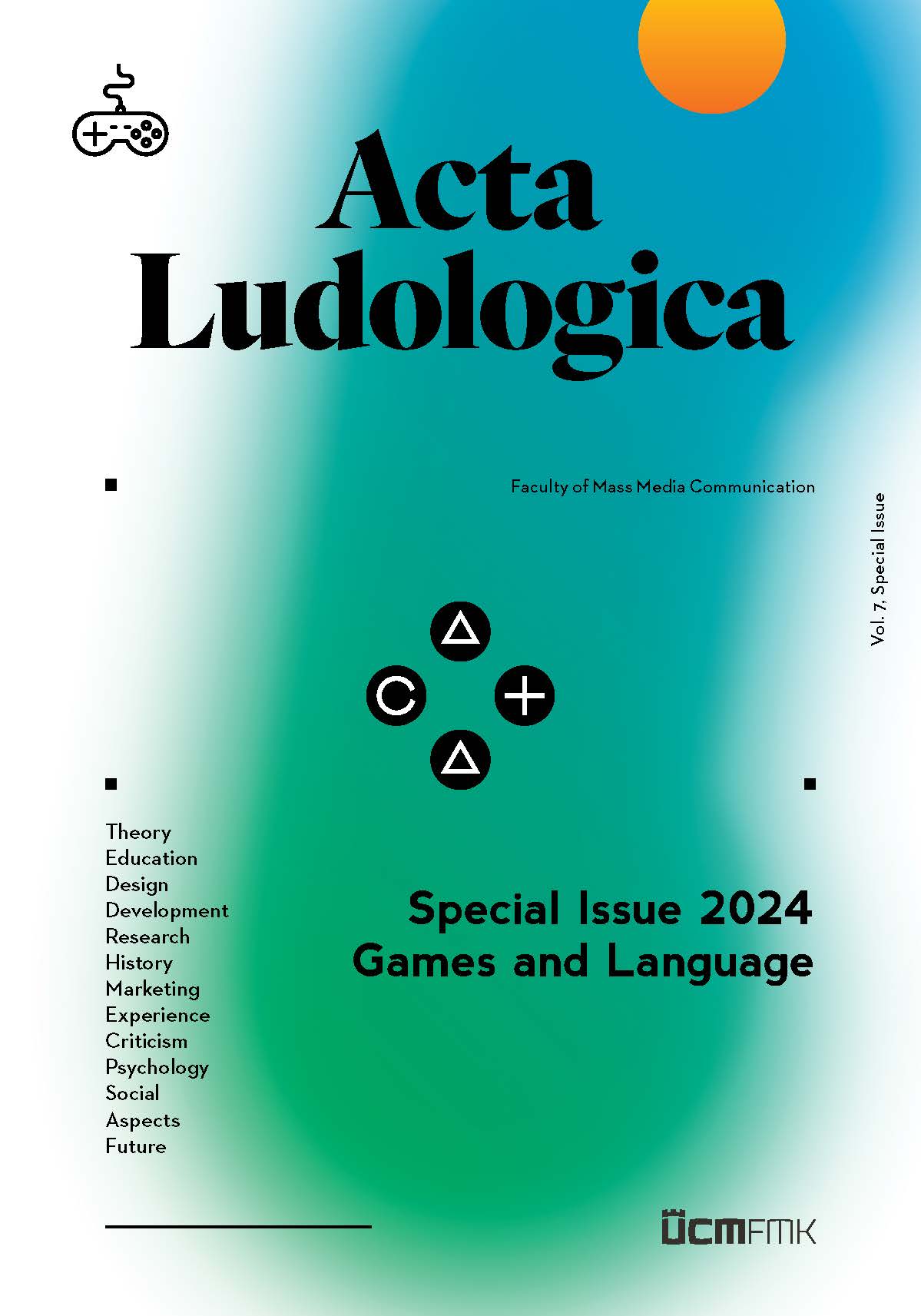Naz Almaç
ABSTRACT:
A player’s subjective interaction with a digital game is referred to as player experience. The consequence of playing a game affects a player’s thoughts, feelings, attitudes, and behaviours. To measure player experience there are various qualitative and quantitative methods. Iterative game development and play testing sessions enhance and optimize game designs, to determine the impact of functional and psychosocial consequences of gaming in various cultures, a credible scale is required. To be able to measure and analyse player experience, this study aimed at adapting the ‘Player Experience Inventory’ (PXI) scale developed by V. V. Abeele1 to Turkish. The results of test-retest analysis and back-and-forth translation demonstrate that linguistic equivalence is not applicable for the Turkish variant. Only one item for functional – audio-visual appeal – and two items from psychosocial – immersion and autonomy – consequence of gaming have a proper factor structure. In this way an adaption study was carried out by confirmatory factor analysis (CFA) and explanatory factor analysis (EFA) with three items from the scale. The validity and reliability of the scale and relationship of audiovisual appeal of gaming on game enjoyment were tested and this article proposes a model for the functional and psychosocial consequences of gaming.
KEY WORDS:
digital games, game user research, moderation effect, player experience, scale adaptation.
DOI:
10.34135/actaludologica.2023-6-2.42-61
View full article

